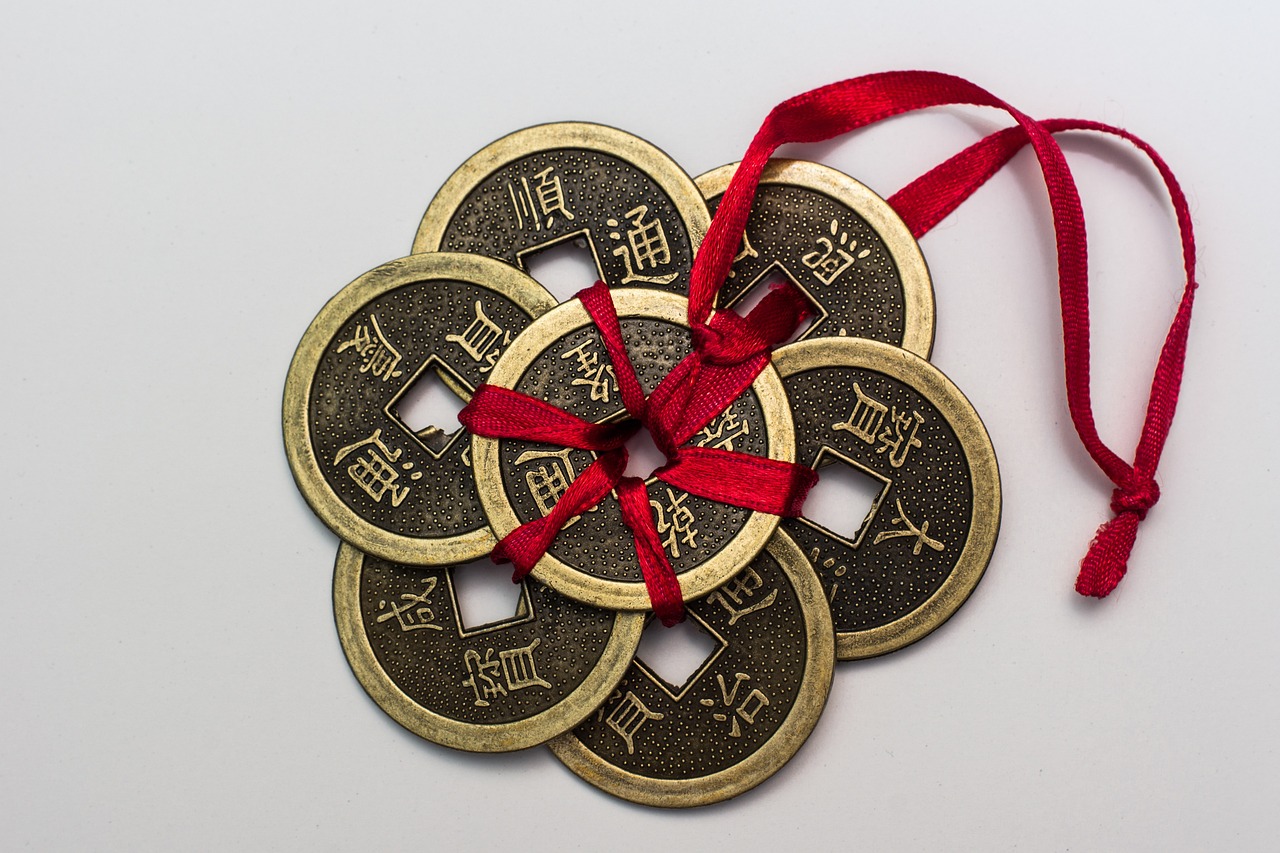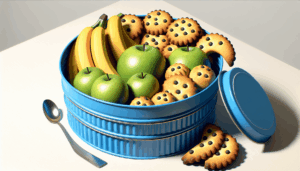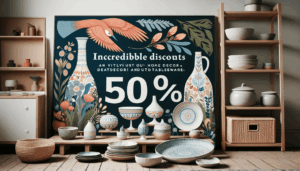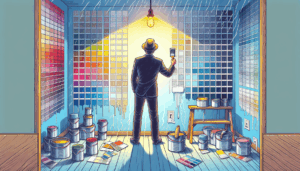“`html
Feng Shui is a Chinese practice whose goal is to harmonize the decoration in such a way that positive energies flow and improve the people living inside. The problem is that sometimes we have plants at home that attract bad luck according to Feng Shui.
Many of them are common, in fact, you may have them at home, and without realizing it, you may be attracting bad luck. What if we change that? Below, we will give you a list of plants that attract bad luck, the reasons why, and what you can do if you have one (to not just throw it away or abandon it). Shall we begin?
Cactus
One of the first common plants in a house are cacti. They can be beautiful, yes, but according to Feng Shui, these plants carry negative energy. And yes, if you think about the sharp points, needles, and spikes, you’re on the right track, all of this creates “sha chi” which are poisoned arrows that attract bad vibrations and arguments in the home.
Now, what to do if you have one? Our recommendation is to try to place it outside the house, in a place where not many people pass by (the balcony, terrace, patio, in a corner of the garden…). That way, the energy will only concentrate in that area and will not enter the house.
Bonsai

For Feng Shui, the bonsai is one of the most negative plants because its growth is restricted, which promotes stagnation and lack of personal and professional growth. They are beautiful plants, yes, but there is no doubt that they have their limitations.
So, if you have a bonsai at home, the best thing you can do is place it in an area with not much traffic. Similar to cacti, a place, preferably outside the house, where you don’t spend much time. Another option is to place it in an area with plants that grow vertically.
Plants with pointed leaves
Do you have a yucca, a dracaena, or similar plant at home? Check the ones with pointed leaves because the same thing will happen as with cacti. According to Feng Shui, they will cause discomfort, fights, arguments, etc.
In this case, if you can’t take it outside, the best thing is to surround it with plants that have round leaves. These will counteract the negative effects and transform the energy into a softer one.
Ivies

Ivy was popular a few years ago as a hanging plant. We know it is dangerous if you have pets. But also very eye-catching (along with pothos). The problem is that, despite being purifying and positive, having it in the bedroom… it stagnates the energy, and with that turns the positive into negative.
For this reason, if you have one, make sure to keep it well cared for and pruned. Don’t let it take control and begin to adhere to the different structures of your house, instead, you should be the one controlling where it grows and for how long.
Withered or Dead Plants
When it comes to Feng Shui and withered or dead plants, we know that this philosophy does not accept them. In fact, they are seen as a symbol of death and negative energy. So, if you have any at home, no matter how much you try to revive it, it’s best to remove it from your home immediately. These plants could be harming you, and it’s better to replace them with healthy ones.
And beware, because Feng Shui also refers to artificial plants as withered or dead.
Pothos

Pothos became very popular a few years ago. In fact, it is common to have this plant at home. But, as with ivy, it’s not very good for Feng Shui. In fact, it is said that, although it is easy to care for and purifies the air, the fact that it grows hanging and uncontrolled can cause energies to stagnate among its branches.
If you have one and want to avoid this, know that the best thing is to place it in a location near windows and ensure that the branches do not obstruct the path of people.
Water Plants
You can have them in an aquarium or fish tank. The problem is that, as they need water, and it is in a container where it does not move, it becomes a place where negative energies will gather.
Fortunately, there are ways to avoid this: change the water daily, always keep the container clean, and add a motor to make the water move is more than enough to change the energies from negative to positive (and therefore be accepted by Feng Shui).
As you can see, there are several plants considered negative according to Feng Shui. And yet, they became popular a few years ago. Do you have any at home? Did you know that side of the plant? What are you going to do?
“`
via: MiMub in Spanish









